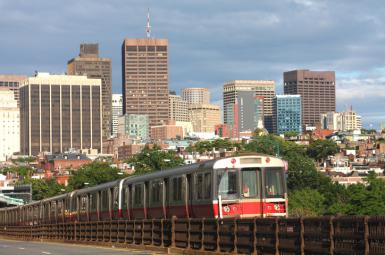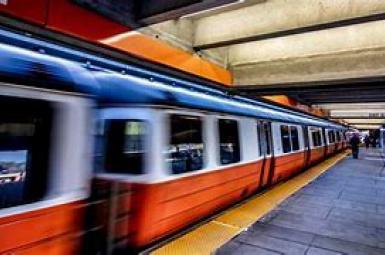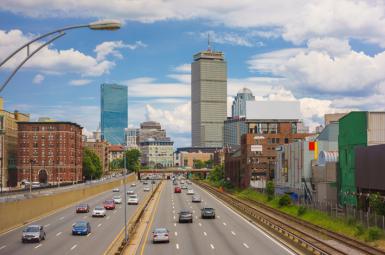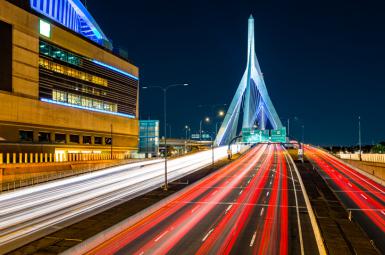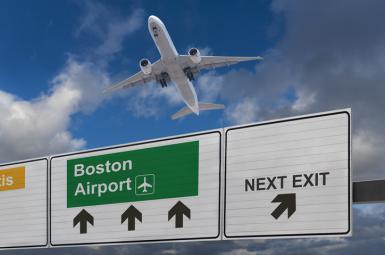This report, which examines the MBTA’s sources and planned uses of capital funding, finds “an impending chasm” between the costs to maintain and modernize the Authority’s existing infrastructure and available sources to pay for these investments. At the same time, the MBTA must address two additional capital needs linked to climate change – decarbonization and climate resiliency adaptation – for which the MBTA currently has neither accurate costs nor funding to pay for these critical investments.
Driven by operating costs that were already growing and the pandemic’s deep impacts on
revenues, a Massachusetts Bay Transit Authority (hereinafter the MBTA or the T) operating
budget that was in balance in FY 19 is now moving backward toward a deficit of more than
$400 million in FY 22. And the T’s longer-term fiscal trajectory is unsustainable, heading to the
same “severe imbalance between costs and revenue” identified in 2015 by Governor Baker’s
Special Panel to Review the MBTA, which led to the creation of the Fiscal and Management
Control Board (FMCB).
